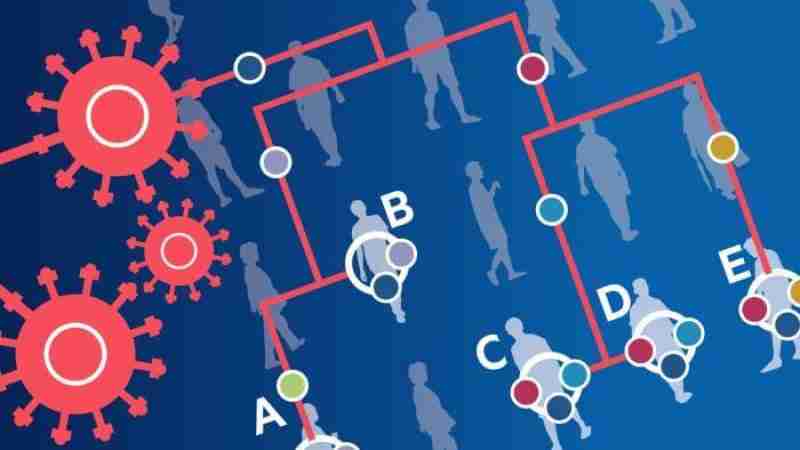[A new COVID-19] mutation makes the virus more likely to infect people but does not seem to make them any sicker than earlier variations of the virus, an international team of researchers reported [July 2].
…
The mutation affects the spike protein — the structure the virus uses to get into the cells it infects. Now the researchers are checking to see whether this affects whether the virus can be controlled by a vaccine. Current vaccines being tested mostly target the spike protein, but they were made using older strains of the virus… The researchers call the new mutation G614, and they show that it has almost completely replaced the first version to spread in Europe and the US, one called D614.
…
This could be good news, said Lawrence Young, a professor of medical oncology at the UK’s University of Warwick, who was not involved in the study.
“The current work suggests that while the G614 variant may be more infectious, it is not more pathogenic. There is a hope that as SARS-CoV-2 infection spreads, the virus might become less pathogenic,” he said in a statement.
…
And, of course, they’re keeping an eye out for other mutations. “We might have dodged a bullet with this particular mutation, [researcher Erica Ollmann] Saphire said. “However, that is not to say that another mutation couldn’t come on top of this one,” she added.



































